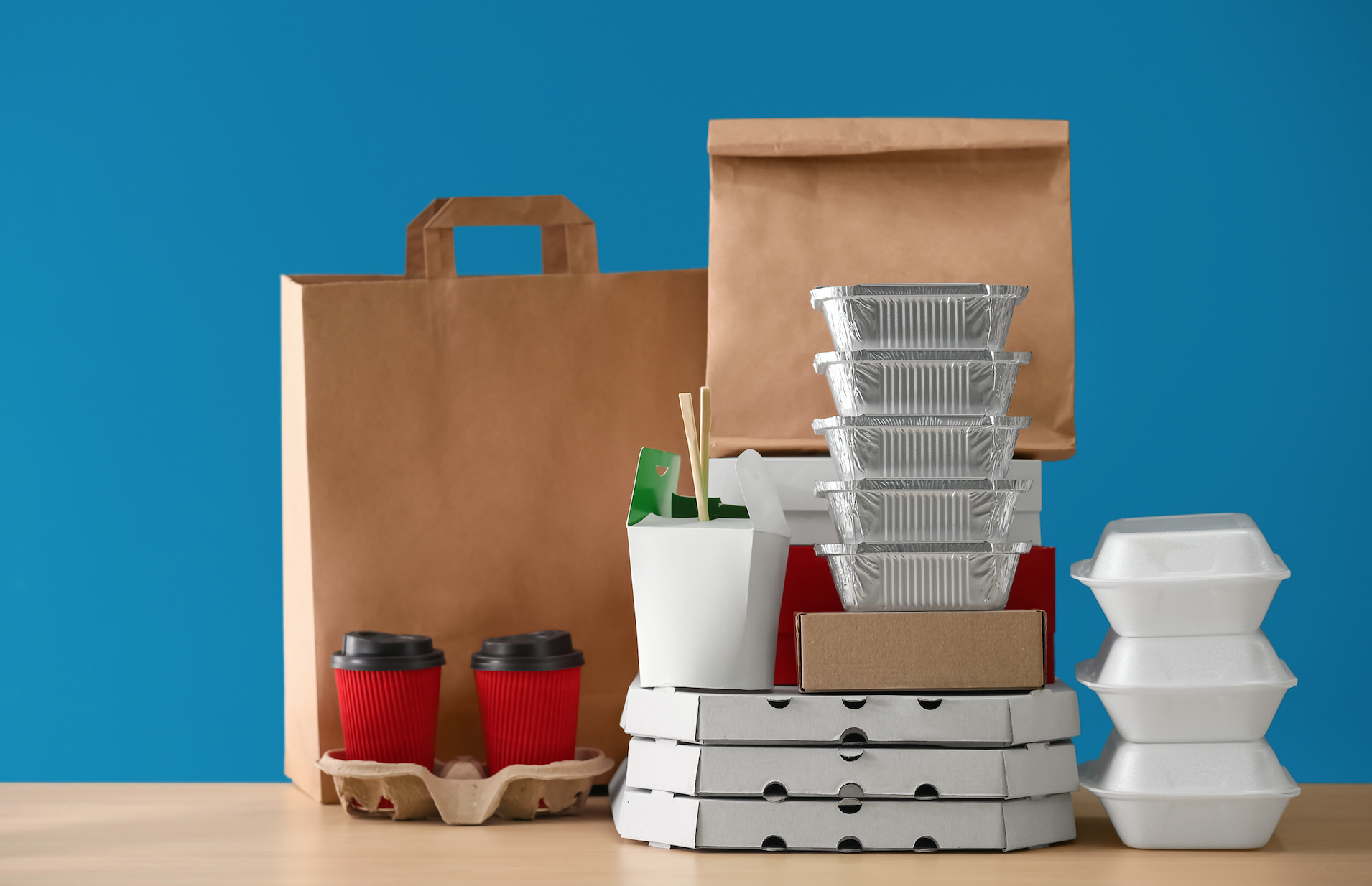Policy Name: Ban on perfluoroalkyl and polyfluoroalkyl substances (PFAS) in food packaging, Denmark
Overview: Food Minister Mogens Jensen of Denmark issued a press release on September 3, 2019, announcing a ban on PFAS in paper and cardboard food packaging. PFAS are human-made chemicals that add a water- and grease-repellent quality to paper and cardboard surfaces (including parchment paper, pizza boxes, and fast food wrappers). But there is evidence that exposure to PFAS may lead to various long-term health problems in humans as the chemicals are suspected of being carcinogenic, according to the press release. The Danish Veterinary and Food Administration has long advised against the use of such chemicals in cardboard and paper for food packaging. Minister Jensen says he does not want to put the Danish population at risk any longer and can no longer wait for the European Union to act.
Location: Denmark
Population: 5.8 million
Food Policy category: Food safety
Program goals: To eliminate PFAS substances from all paper and cardboard food packaging in Denmark by July 2020.
How it works: Food retailers will have to phase out the use of paper and cardboard products that have been treated with PFAS and use alternative products instead. PFAS will continue to be allowed in recycled paper and food packaging but an additional barrier will have to be used to prevent the packaging from touching and potentially contaminating the food inside.
Progress to date: In August of 2015, the Danish Food and Environment Minister, Eva Kjer Hansen, recommended a limit on PFAS in food packaging, while also urging the EU to create legislation limiting or banning the substance. At that point, several retail food organizations in Denmark decided to phase out PFAS voluntarily, while others continued to use products with PFAS. Mogens Jensen determined that he could not wait any longer for the EU to enact a policy and declared the ban for Denmark. The National Food Authority estimates that it will take effect by July 2020.
Why it is important: PFAS are known as “forever chemicals,” because they do not break down in the environment, and in the bodies of humans and animals they break down extremely slowly and accumulate over time. PFAS in food packaging can migrate into the food, which means that humans may be ingesting them when they eat food out of PFAS-treated packaging. Once inside the body, PFAS stay in the blood, kidneys, and liver. PFAS exposure is associated with various adverse health effects, including:
- testicular and kidney cancers;
- decreased birth weight;
- decreased fertility;
- high cholesterol;
- thyroid disease;
- liver damage;
- Asthma; and
- ulcerative colitis.
The removal of these chemicals from commonly used food packaging products will reduce the health risks posed to the Danish people, who, in the long-term, may experience a longer life expectancy and increased quality of life.
Program/Policy Initiated: The ban on PFAS was announced in Denmark on September 3, 2019 and was submitted for external review. The National Food Authority estimates that the ban will take effect by July 2020.
Point of contact: Press Secretary in the Ministry of the Environment and Food, Ming Ou Lü: minol@mfvm.dk
Similar Practices: While other countries and cities have started taking steps toward reducing or eliminating PFAS, Denmark will be the first country to ban PFAS from food packaging.
- Starting in 2000, the US manufacturer 3M began phasing out perfluorooctane sulfonate (PFOS), one of several chemicals categorized as a PFAS, and the US no longer manufactures or imports PFOS, but other PFAS are still being used.
- In November 2016, the Environmental Protection Agency (EPA) limited PFAS exposure in water, and in May 2019, the EPA announced a plan to eliminate common PFAS substances such as PFOA, a human-made chemical known for its use in making Teflon, and PFOS (another human-made chemical known for use in household products like ScotchgardTM stain repellents) from drinking water.
- Congresswoman Debbie Dingell (D-MI) introduced a bill in May 2019 to ban PFAS from food containers and cookware, but it has not been discussed yet at a committee hearing.
- In August 2019, the US nonprofit Environmental Working Group (EWG) also called for a ban on PFAS in food packaging, but no action has been taken to date.
Evaluation: The ban has not yet taken effect so it is too soon to evaluate its success, but Peter Pagh, a professor of environmental law at Copenhagen University, does not believe the ban will be successful, because individual countries cannot actually ban the import of PFA-treated food and packaging products from other members of the EU.
Learn more:
- Association between perfluoroalkyl substances exposure and thyroid function in adults: A meta-analysis (PLOS)
- It’s Time to Start Banning PFAS From Food Packaging (EMG)
- New Chemicals Program Review of Alternatives for PFOA and Related Chemicals (EPA)
- PFAS: What You Need To Know (EPA)
- Prenatal exposure to per- and polyfluoroalkyl substances and infant growth and adiposity: the Healthy Start Study (Science Direct)
References:
- Danish government to limit use of fluorocarbons in food packaging (CPH Post Online)
- Denmark becomes first country to ban all PFAS from food contact materials (PFAS Central)
- Denmark to ban PFAS in food packaging (Environmental Health News)
- Denmark just became the first country to ban PFAS ‘forever chemicals’ from food packaging (CNN Health)
- Denmark plans import ban on EU-approved pesticide (EU Observer)
- Denmark Moves To Ban Harmful PFAS Chemicals In Food Packaging (HuffPost)
- The Minister of Food is ready to ban fluoride (Ministry of the Environment and Food, Denmark)


